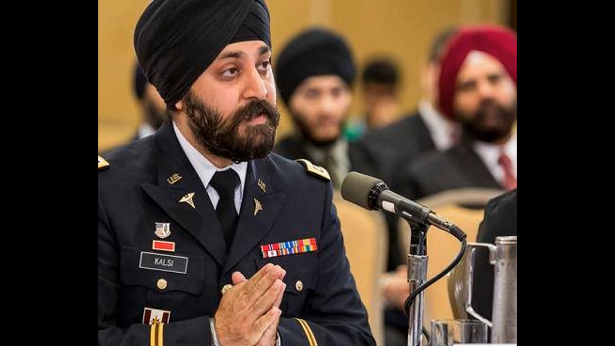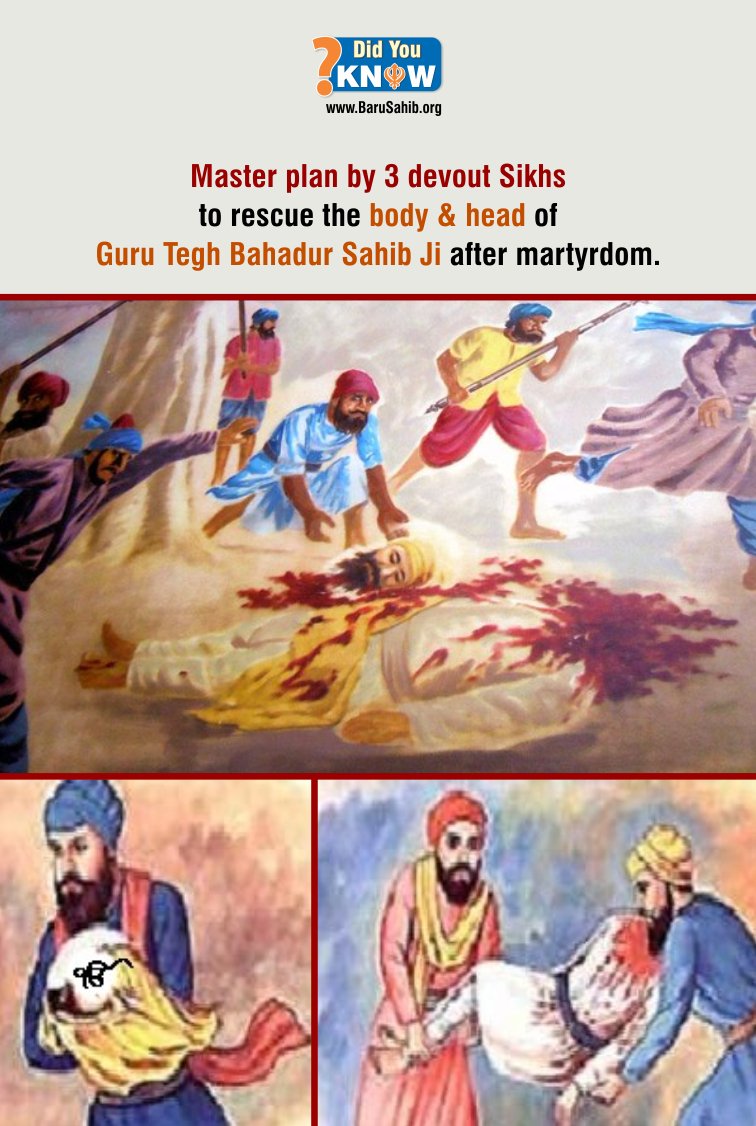On a back wall in Gurbir Grewal’s office, three portraits of Japanese-Americans detained at the Manzanar internment camp in California hang above his desk, a reminder for Mr. Grewal of when the power of domestic law went horribly awry.
Though the portraits are from decades ago, Mr. Grewal sees alarming parallels to the current political environment, where patriotism is sometimes measured by race, faith or political affiliation. The notion to combat this type of injustice has helped inspire Mr. Grewal, a Sikh, throughout his career, an arc that has seen him rise through the ranks of the federal justice system and now has him poised to become New Jersey’s top law enforcement official.
If, as expected, the Democratic-controlled State Legislature approves his appointment by the governor-elect, Philip D. Murphy, Mr. Grewal, 44, would become the first Sikh in the United States to hold the position of statewide attorney general.
“It’s important for someone like me to do this job that’s front-line law enforcement, to show people that you don’t have to look a particular way to love this country,” he said in an interview.
But in today’s political climate, attorneys general in Democratic states are increasingly being viewed as checks on Trump administration policies.
Just across the Hudson River, Eric T. Schneiderman, the attorney general of New York, has been an aggressive challenger to many of the policies coming out of Washington. Mr. Grewal said that he received a congratulatory call from Mr. Schneiderman this month, and that he looked forward to a “collaborative relationship,” though he refrained from saying whether he would join in any pending cases, only allowing that he would make such decisions when he takes office.
While Mr. Murphy promised to not pressure or interfere with Mr. Grewal, partisan entrenchments have largely transformed the position of statewide attorney general, ostensibly an apolitical position, into an inherently political one.
Mr. Grewal, the current Bergen County prosecutor, said he wasn’t concerned about politics.
“Yeah, I mean, but so what?” Mr. Grewal said when asked about whether taking action contrary to Washington could be construed as political. “Because you’re seeing people today, it’s just unconscionable, that their loyalty and their patriotism is being questioned because of what they look like, where they come from, what they believe. And, you know, that’s the same thing we did in 1942. That’s why I have those pictures on the wall.”
For Mr. Grewal, the appointment, which would place him in charge of the state police force and the state’s prosecutors, also fulfills a local-boy-makes-good tale: He is a New Jersey native, born and raised in Essex County.
He understands the state’s problems, aside from the policies coming out of Washington; Mr. Grewal has laid out key areas that he wants to focus the might of New Jersey’s authority on: addiction, violent crime, police-community relations and social justice issues.
He plans to put in place methods he honed in Bergen County, such as partnering with high schools to address hate crimes and addiction. Concerned about a surge in bias and hate crimes among teenagers, especially racist bullying on social media apps like Snapchat, his office has tried to work with children and teenagers.
He noted that the training and partnering with schools and programs for youth was a bit unconventional for a prosecutor’s office, but he pointed to its preventive intention.
“We’ve gone outside of our lane as a law enforcement agency to address that because we know where that leads,” he said of hate and bias. “We don’t want that to lead to some sort of criminal conduct, as we’ve seen that in this county — we’ve seen attacks on synagogues, arsons and things of that nature and so we’re trying to get in there early.”
Mr. Grewal was hired by Paul J. Fishman, then the United States attorney in New Jersey, as an assistant United States attorney in 2010. He had previously spent about four years in a similar position in Brooklyn. While he began in New Jersey in the smaller general crimes unit, he quickly progressed to take on some high-profile cases.
He prosecuted a first-of-its-kind case against Aleksandr Milrud, who was accused of manipulating stocks through high-speed trading, and he helped secure the conviction of Eliyahu Weinstein, who led a $200 million real estate fraud.
In 2016, Mr. Grewal, a Democrat, was appointed by Gov. Chris Christie, a Republican, to officially take over the prosecutor’s office in Bergen County, the most populous in New Jersey.
His rise to the state attorney general’s office also reflects the growing Asian Indian population in New Jersey. The state has the highest percentage of people with Asian Indian backgrounds in the country, according to the Census Bureau’s 2015 American Community Survey.
In 2017, Hoboken elected Ravi Bhalla as the first Sikh mayor of a major city in New Jersey, and Vin Gopal became the first Indian-American to be elected to the State Senate.
Nonetheless, despite the expanding population, national Sikh groups were surprised by the sudden representation in public offices in New Jersey.
“There hasn’t been that many Sikhs in politics, particularly ones with turbans and beard,” said Gurwin Singh Ahuja, executive director of the National Sikh Campaign, but he added that this was beginning to change. “New Jersey is certainly leading the pack, but there have been Sikhs being elected across the country,” such as a city councilwoman in Kent, Wash., where in March a turbaned Sikh man was wounded by a masked gunman.
Mr. Grewal said he had also been on the receiving end of prejudice and injustice. “Growing up, I was called so many variations of the N-word that it just confused me,” he said.
His ethnicity does not define him, he said, but he is acutely aware that his presence in the courtroom — suit and tie, turban and beard — is freighted with meaning in a world where emerging acceptance still vies with underlying racism.
It was just after the Sept. 11 attacks when Mr. Grewal, then a lawyer in private practice, was constantly harassed by a man who would wait outside the office to shout, “I’ve found him, I’ve found bin Laden!”
Enraged but also embarrassed, he said he began to develop creative ways to leave the office, slinking out back doors and leaving at odd hours. But this eventually grew both tiresome and unacceptable. He decided it was time to do something.
“As a lawyer, you know, the options in front of me at that point were to become a prosecutor,” he said. “So I made it my sort of goal to get into U.S. attorney’s office just so I can get up in front of a jury looking the way I do and say, ‘I represent the United States.’”
Source- www.nytimes.com








